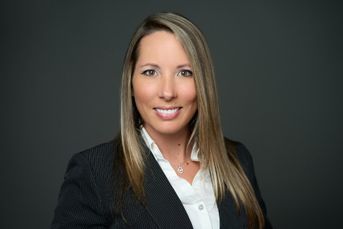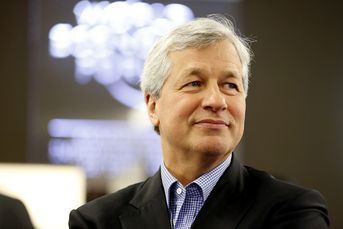Comedy or tragedy? The curtain is rising on robos’ third act

The attractiveness of stand-alone robos, coupled with the ample dry powder at large financial services players, could mean more acquisitions are on the horizon.
The recent UBS acquisition of Wealthfront for an eye-popping $1.4 billion brings down the curtain on Act II in the long-running drama, “Robos on Wall Street.” What will happen in Act III, and how will the show end?
First, review Act I, when the curtain rises on the 2008 financial crisis. Critical of Wall Street and the way it provides financial advice, 30-year-old Jon Stein founds Betterment, putting automated investment tools like those used by financial advisers directly into the hands of individual investors. Wealthfront also starts that year. While Betterment, Wealthfront and other early robos lower the cost of advice by automating asset allocation and using low-cost ETFs in most cases, they don’t provide the full range of advice offered by conventional financial planners and advisers. At least not at the start.
RANGE AND DEPTH
Act II opens a few years later, after robo-advisers and many clients have decided that algorithms alone are often insufficient to provide the range and depth of advice many people seek. Many robos add tiered services, with human advisers assisting those who want and need more personalized help and are willing to pay for it. Giants including Vanguard, Charles Schwab, Merrill Lynch and Morgan Stanley offer their own robos. RIA firms and broker-dealers white-label robo technology so they too can provide automated tools. Seeing a gap in its offering, UBS decides to acquire the second-largest stand-alone robo, Wealthfront.
For traditional firms that offer a robo service, as well as for the stand-alone robos, Act III offers several potential directions. For stand-alones, their attractiveness as a play on the future direction of the advice business, coupled with the ample dry powder at large financial services players, could mean more acquisitions are on the horizon. Surviving stand-alones may continue to build the human advice side of their business and grow into a more robust hybrid channel of financial advice.
VARIETY OF SCENARIOS
There are also a variety of Act III scenarios possible for traditional firms that offer a robo service. Many could well be content with having their robo arm remain a relatively minor adjunct to their main business. Others, including UBS of course, have bigger plans. Ralph Hamers, the bank’s CEO, told analysts last week that its priority is growing the Wealthfront brand; profits will come later. If that turns out as planned, Act III could turn “Robos on Wall Street” into a comedy in the classical Greek sense in that all turns out well and there’s no element of tragedy.
But classical tragedy is also a possibility, since great intentions (i.e., hubris) don’t necessarily produce great results, especially when traditional managers replace startup leaders and douse the entrepreneurial spirit that made the acquisition so attractive in the first place. Another less-than-happy outcome might be that Wealthfront continues to attract younger clients, but the growing client base doesn’t graduate up to UBS advisers at anywhere near the scale envisioned.
Comedy or tragedy? The curtain on Act III is rising.
Learn more about reprints and licensing for this article.







